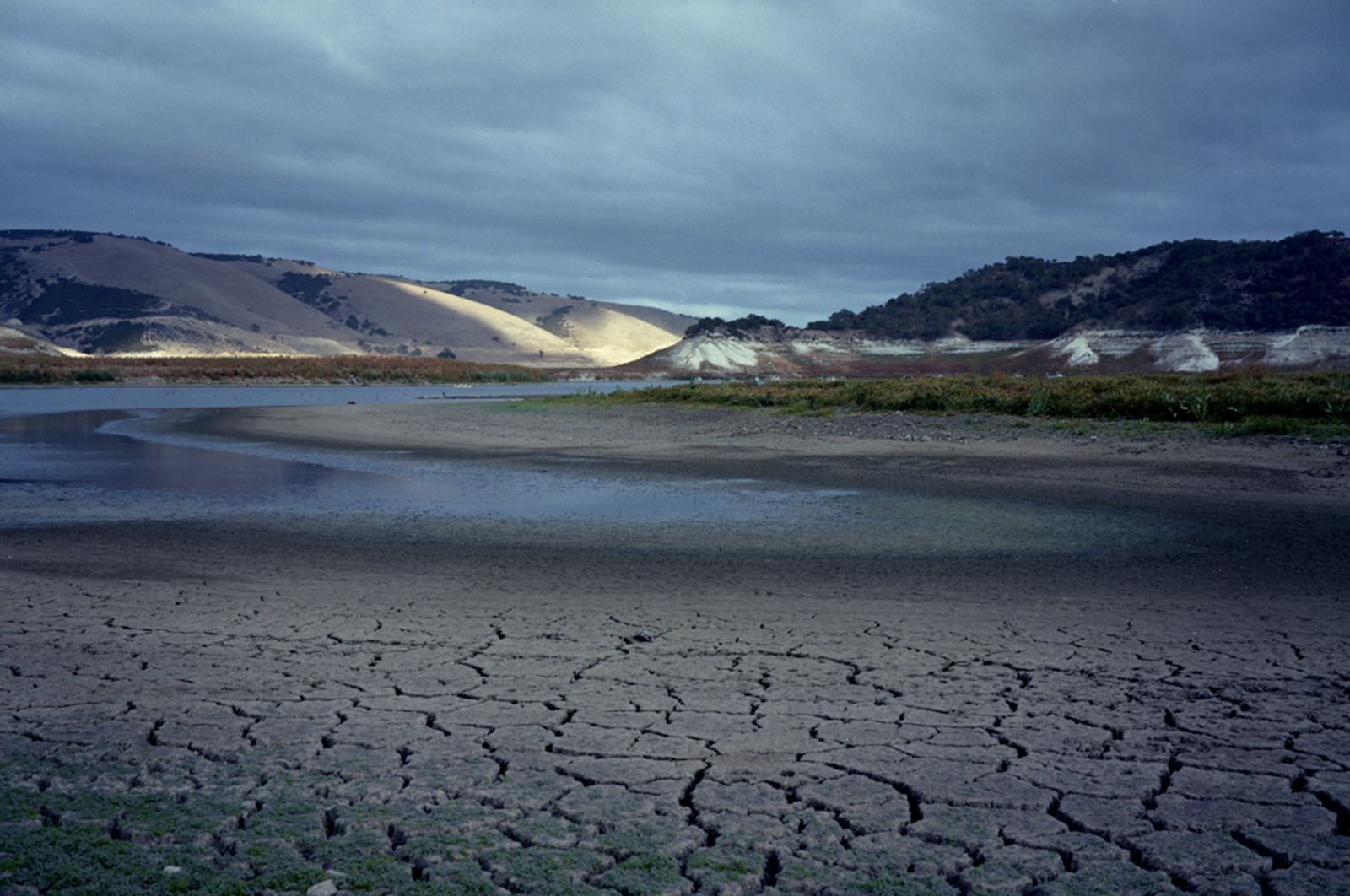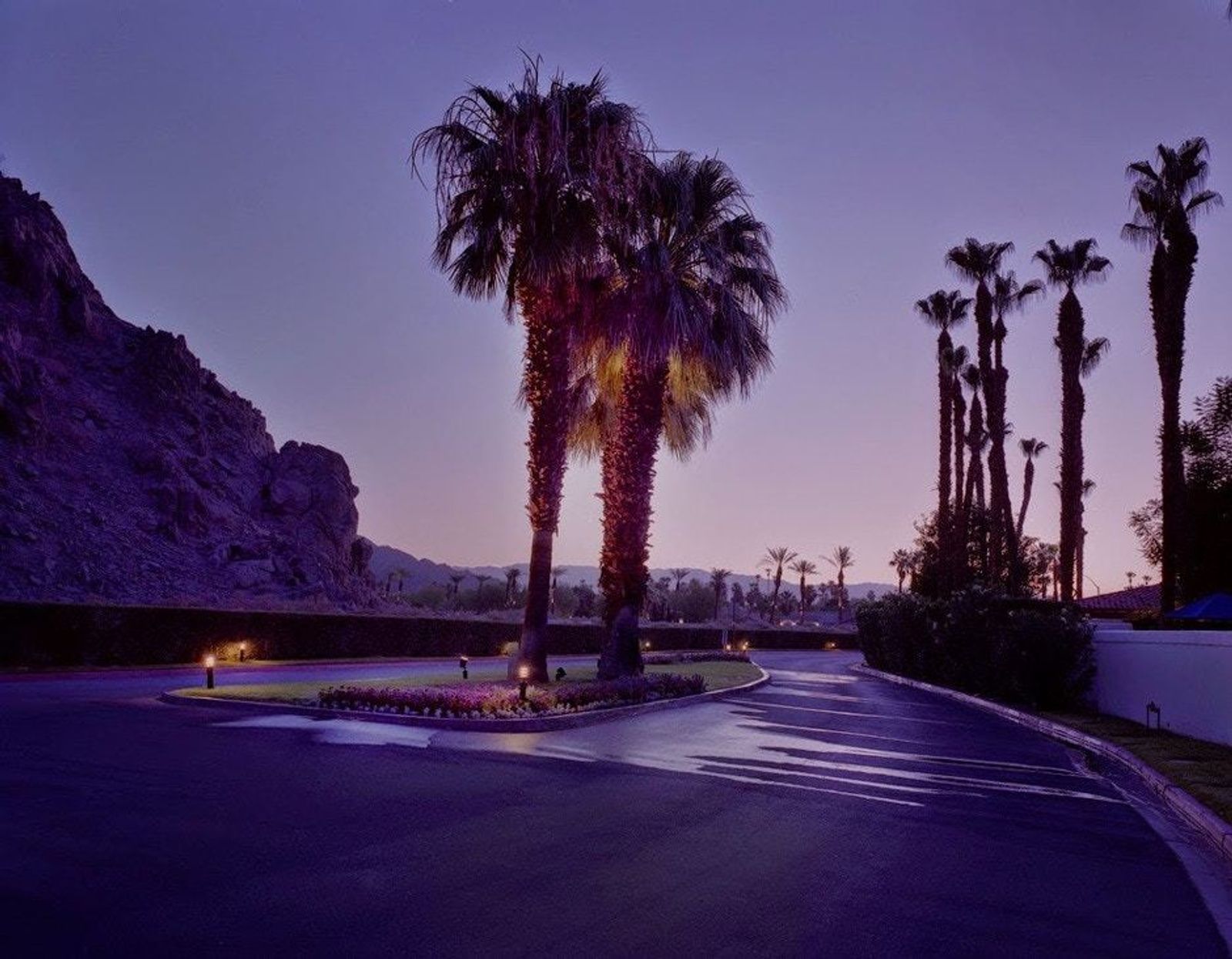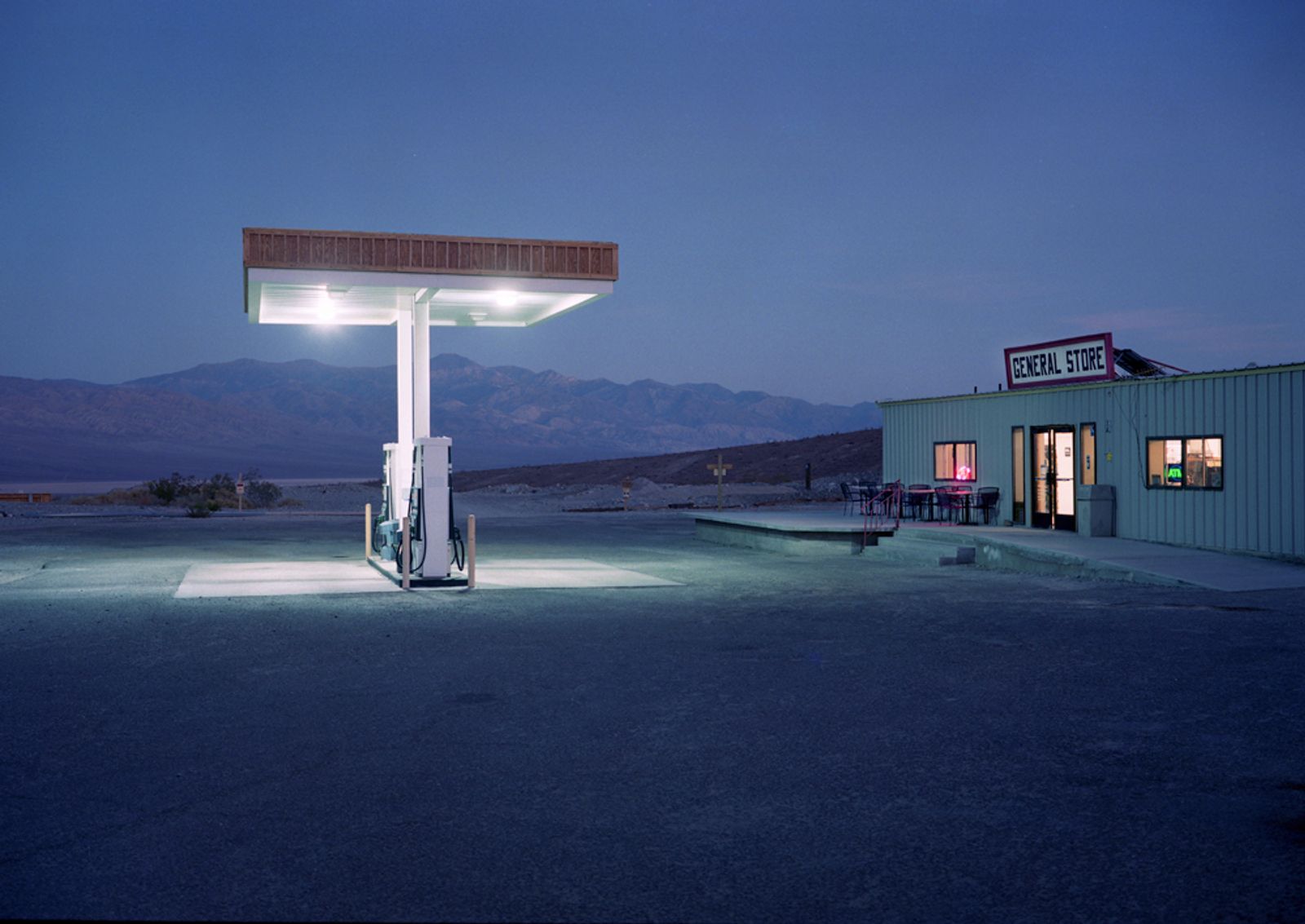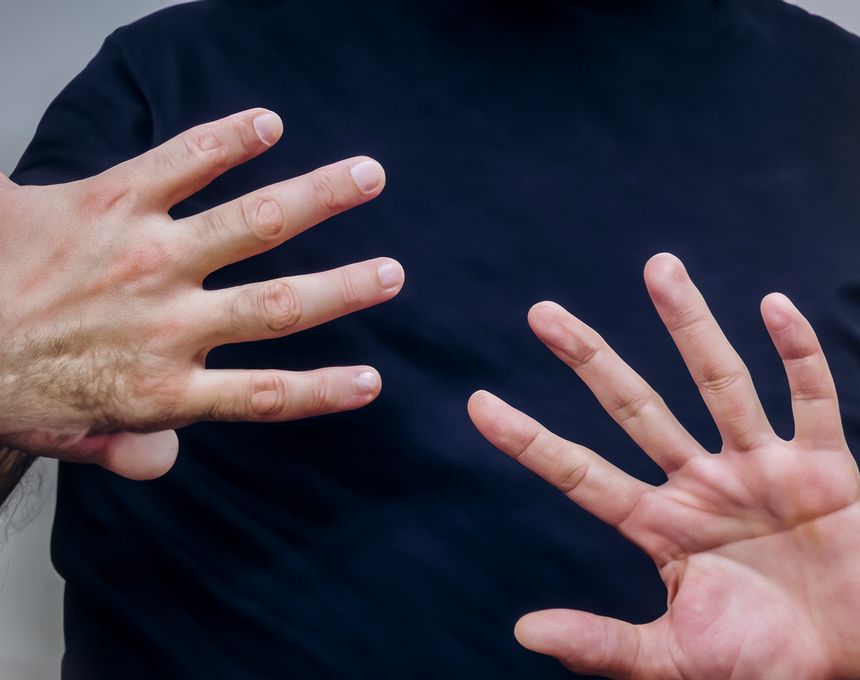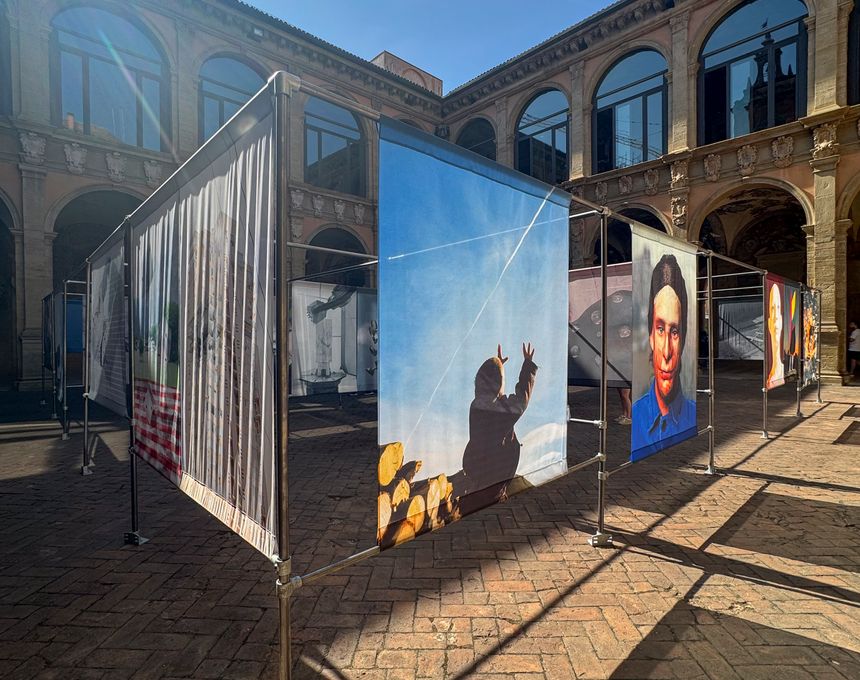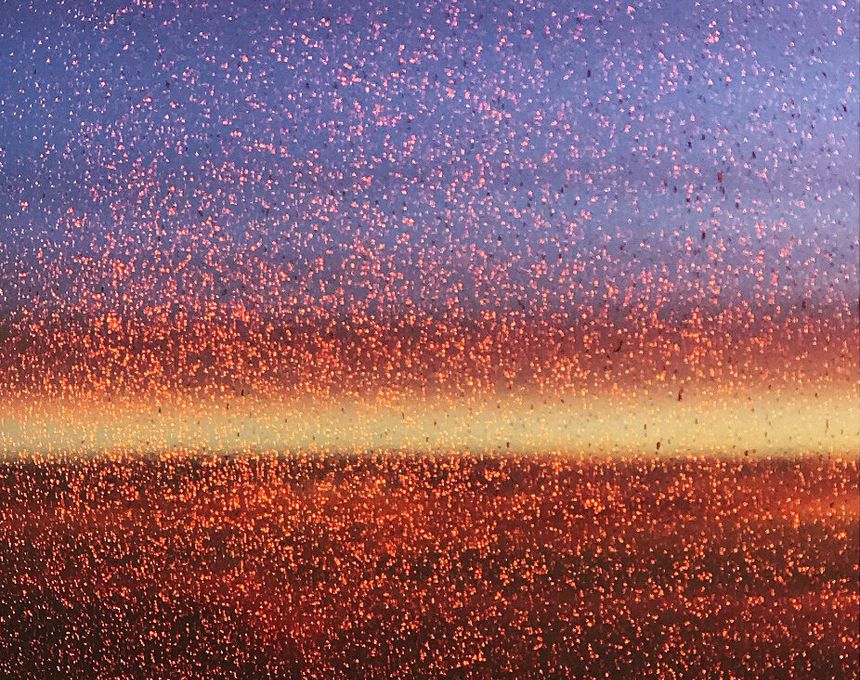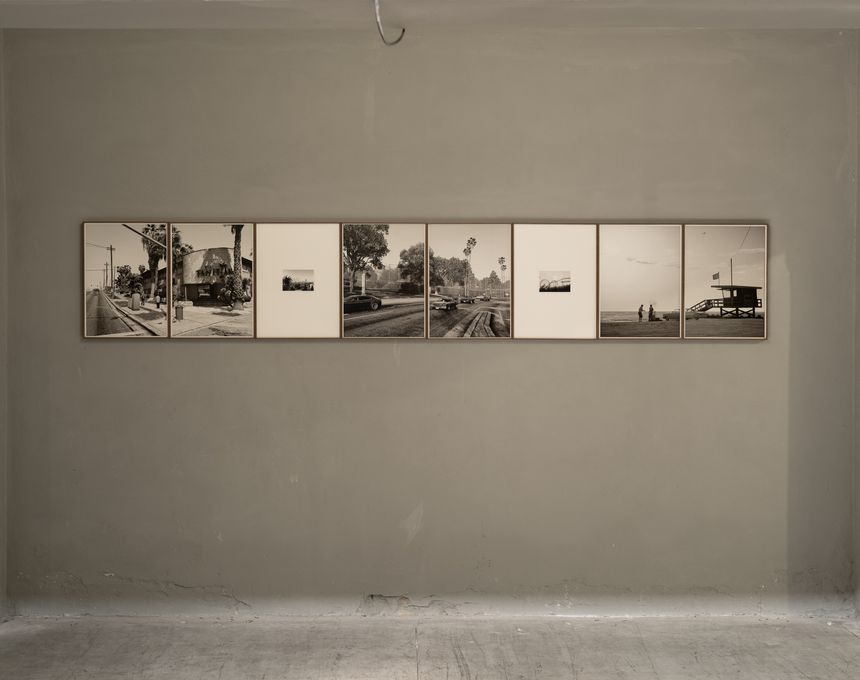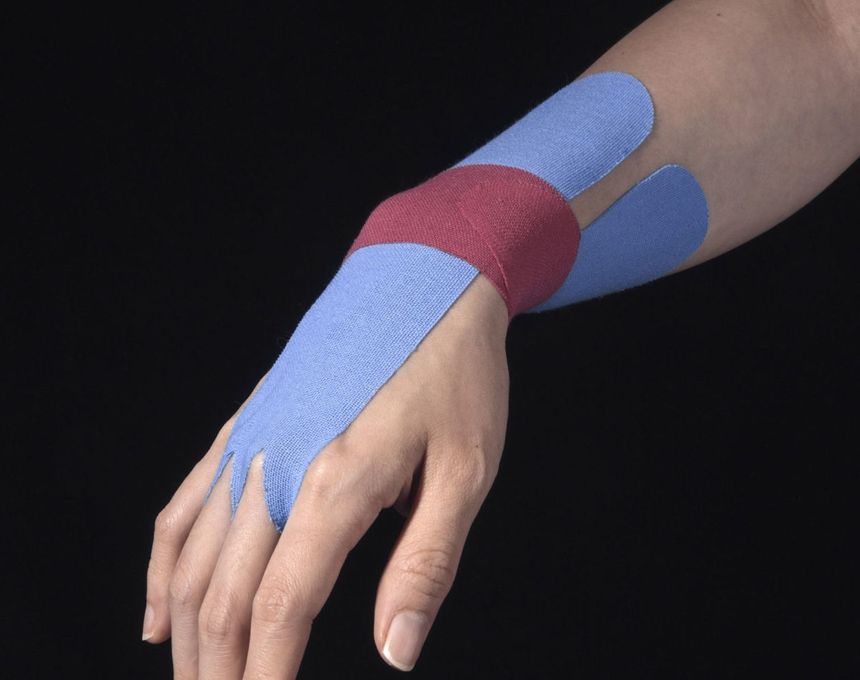Exploring the Effects of California's Water Crisis
-
Published19 Jan 2017
-
Author
Adopting a non-documentary approach, British photographer Marcus Doyle looks at the consequences of water mismanagement in California after a devastating four-year long drought.
Adopting a non-documentary approach, British photographer Marcus Doyle looks at the consequences of water mismanagement in California after a devastating four-year long drought.
California suffered a severe drought from 2012 through 2016, resulting in a water shortage affecting both individuals and farmers who, until then, considered this resource as endless. Marcus Doyle documented the situation, putting one against each the other: illustrations of waste and its consequences.
His series rejects the documentary style and privileges composition and light. The result flirts with postcards, though in a disruptive way. A wide desert landscape at dawn displays sublime features, hypnotising until one notices that what is now crystalised mud used to host a wide reservoir.
Doyle blames the gravity of the situation on a lack of awareness. “As long as the water is running on tap, people don’t realise how serious the situation is.” It sometimes reaches ignorance, such as the time when, shooting in what used to be a water reservoir and asked by a passerby what he was doing, he realised that she had no clue about what was happening. “She didn’t even know it was a reservoir, nor had an idea about where her water supply came from”, he explains.
The drought has had palpable consequences though, known as the knock-on effect. “Take the example of farmers, who were the biggest contributors to the drought as they could use as much water as they wanted since they used to get it for free. When the government started to charge them for their water consumption, they had to adapt. They fired workers and the prices of almonds, which is a huge industry here, nearly tripled.”
In the meantime, a lot of farmers ran out of business and California now displays wide dusty lands that with recent rains have taken on green dots. “It’s good news, though people will possibly forget and waste again regardless of these past years.” With that perspective, some of Doyle’s photos stand as a long-lasting metaphor of the situation, such as that of an empty gas station at dusk. What is striking about the shot is the subtext.
The place is deprived of life, if it weren’t for the light of the general store across the gas pump. Still, it looks like vain consumerism, holding on against all odds. As Doyle reveals the story behind the image, the sensation only widens: “There was a restaurant, a bar, and camping facilities and the water supply cut off completely - water was brought in every week in big tanks. Ultimately, the 50 people who were living here in mobile homes ended up moving away.”
--------------
Marcus Doyle is a British freelance photographer working on subjects that portray mankind’s impact on the natural landscape. Follow him on PHmuseum and Instagram.
Laurence Cornet is a writer and curator based in Brooklyn focusing on cultural and environmental issues.
--------------
Getting Closer presents photographic works, mainly in a documentary vein, that speak about the causes and consequences of environmental degradation.
